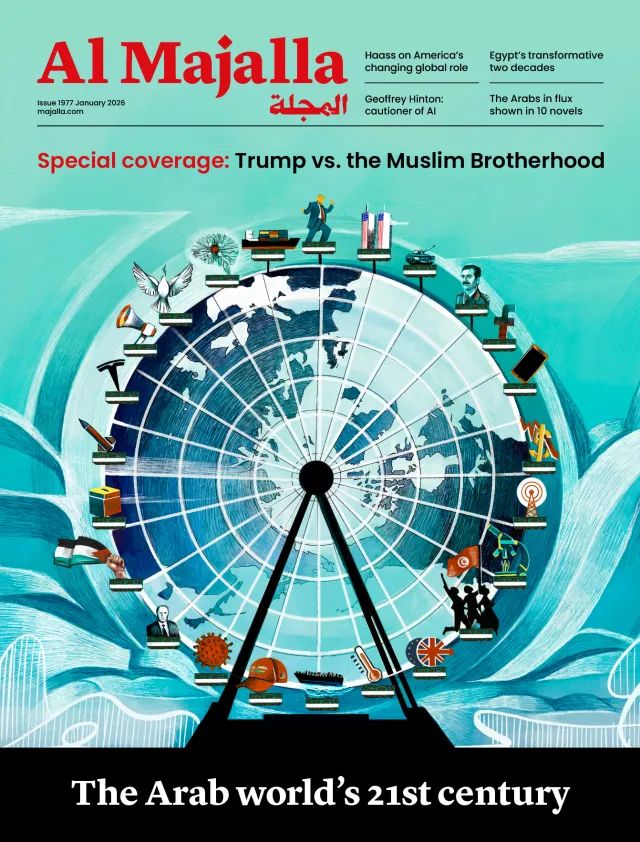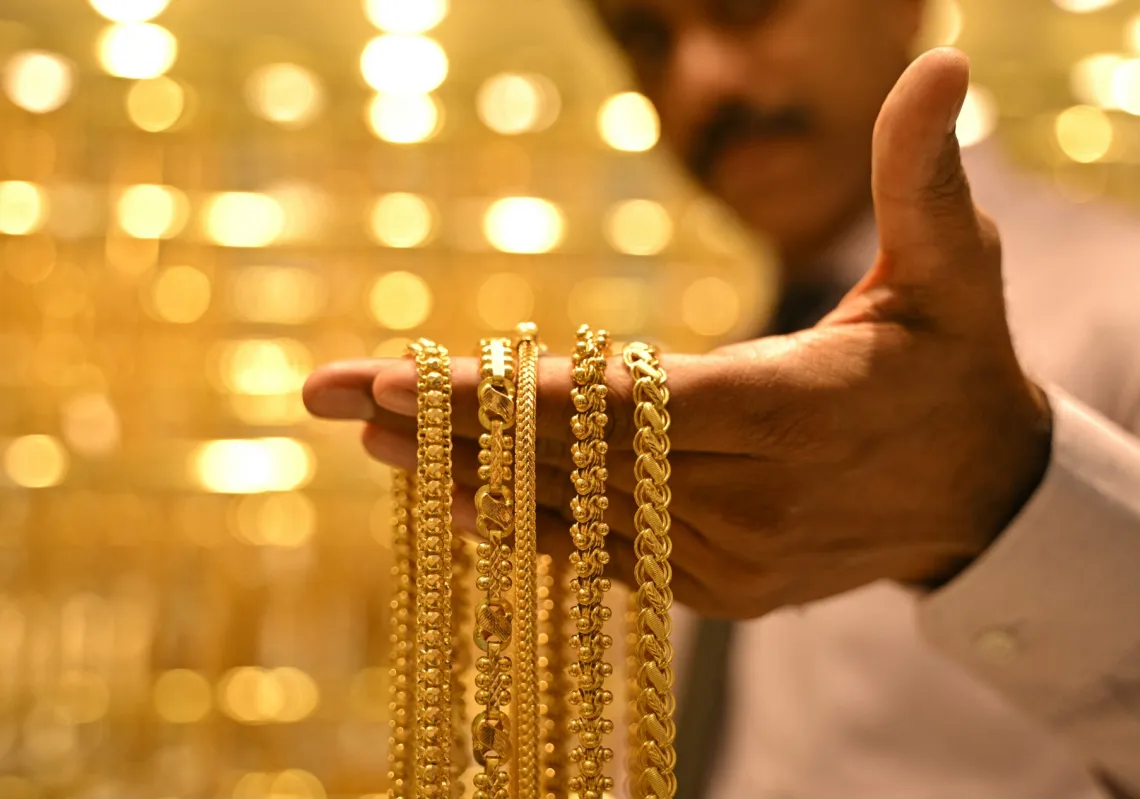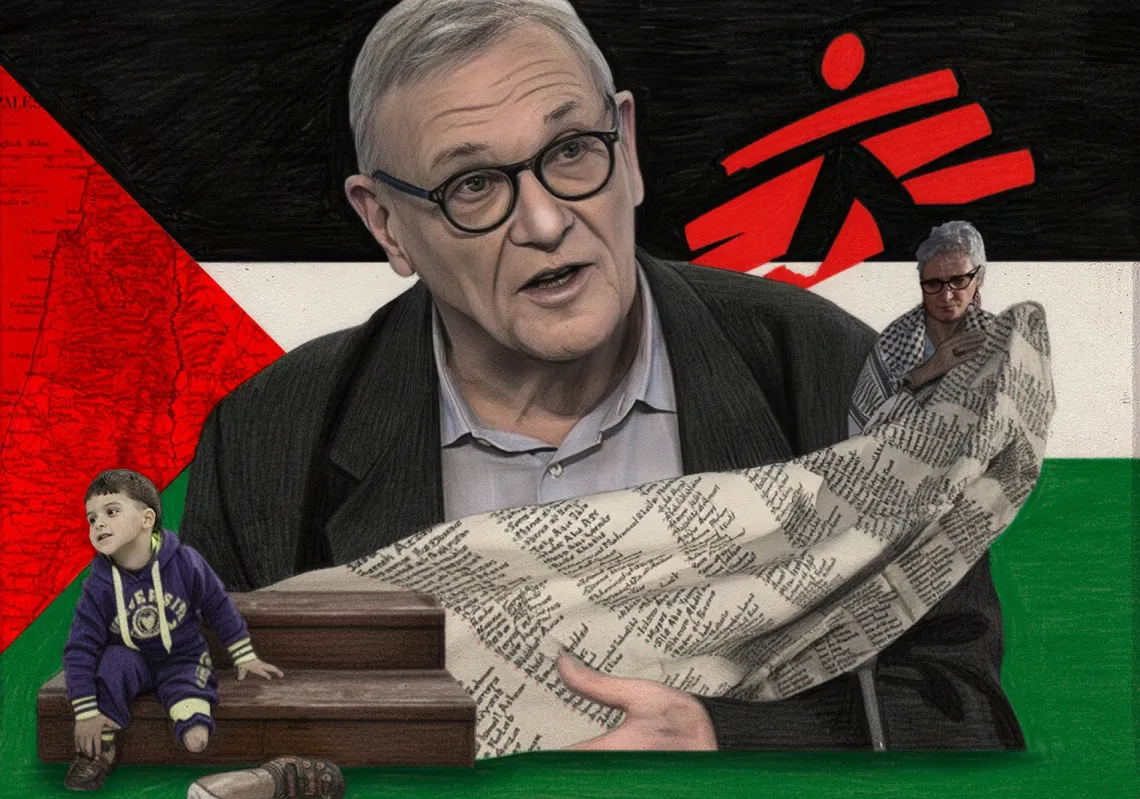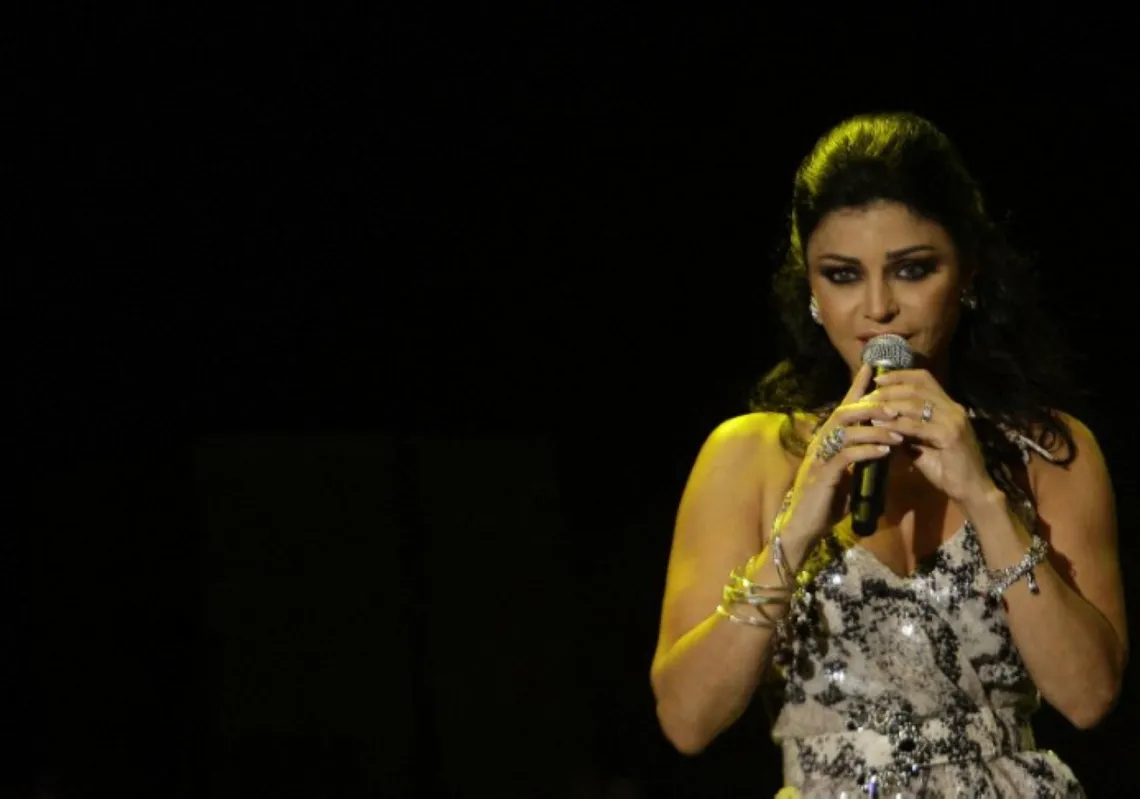‘All that you left behind’ is what this compilation of short stories is about. A brief history of the intangible heritage of Cairo, the city that conquers all.
Born in 1958, writer Tarek Fahmy Hussein tiptoes into the past without falling into the nostalgia trend. In Telephone Be Ors (A Vintage Phone) Ibn Rushd Publishing House, 2020, his first published book, the writer opens up with a phone call from a vintage phone that literally took him back in time.
He remembered how home phones were a scarce commodity. Hussein recalled his parents, his memories and mainly himself when he was just a little boy fascinated by the puppet theatre in which his mother worked all her life. He remembered how lucky he was to watch the most memorable and successful puppet operetta Al Leila Al Kebira (The Big Night) in its prime.
Reflecting Egypt’s golden cultural days, the sixties were quite memorable in Cairo. Working women required a helping hand in the household. And before electric washing machines took over, there was the “washing woman”. In his story “Abdou and Aziza” Hussein remembers the famous cleaning Tuesdays. Aziza the washing woman is portrayed as a strong resilient woman who takes her work very seriously and is quite reluctant to use the newish babour el gaz (vintage gas stove) that had a device to hush its loud voice.
Abdou was the cleaning man who helped clean their house on that same day. Having a man to clean the house, though quite rare these days, was quite popular back then. The glamour of the sixties from the perception of a child is charming indeed.
On the other hand, as a grown man, the characters of the short story compilation start to reflect upon their status quo and reminisce upon the passion for life that they lost somehow.
Ala Bab Madraset Al Banat (At the Gate of the Girl’s School) revisits adolescence and first romantic platonic love in deep contrast with the modern day one. In Azzaa (Post Funeral Services) the protagonist plays on the lost love theme and creates an encounter between two people whose lives crossed paths briefly and what happens when they meet decades later when they are both older and wiser.
Al Mendil Al Azraq (The Blue Scarf) is about a lonely middle-aged man who developed a classic love story with his neighbourwhile spending hours in her balcony.
Throughout the compilation of short stories, Hussein uses a simple narration that focuses on the events other than using figurative language. Simple, though yet quite deep, his stories reflect daily life rituals that represent journeys we seldom take. Like his story Mohawla Fashla, (A Failed Attempt) the protagonist silently watches those people who kept their tradition of fishing on top of a bridge. The bridge is crossed by Cairo residents daily in their fast rides back and forth to work, but it never crosses their minds to join the fishermen and attempt their patience and daily meditation.
Though fiction, the story feels quite real and leads to a serious soul searching journey, where the reader has enough room to dial up from his own vintage phone and reconnect with his own self again.
About the writer
Tarek Fahmy Hussein is a banker who studied economy in 1980. He attained his journalism diploma in 1978, his acting diploma in 1987 and has published several of his culture-related articles in local Egyptian newspapers.








